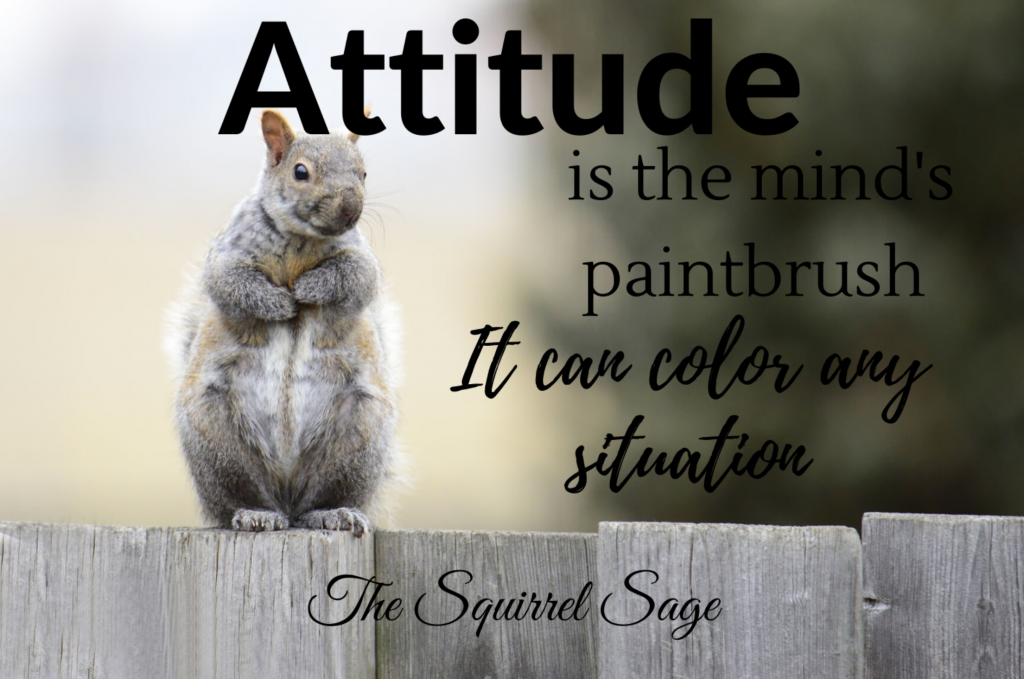Disclaimer – this article does not offer advice on any health or mental health related issue.
This article may contain affiliate links
 Mindfulness is an important concept that is integral to many modern approaches to mental health. Conventional therapies for treating depression and anxiety, such as cognitive behavioral therapy, extensively use the concept of mindfulness. Many psychiatrists and psychologists believe that the act of being in the moment, that is, being in the here and now, which is what being mindful is all about, is highly beneficial for mental health.
Mindfulness is an important concept that is integral to many modern approaches to mental health. Conventional therapies for treating depression and anxiety, such as cognitive behavioral therapy, extensively use the concept of mindfulness. Many psychiatrists and psychologists believe that the act of being in the moment, that is, being in the here and now, which is what being mindful is all about, is highly beneficial for mental health.
What Is Mindful Coloring
New research suggests coloring is one of the most effective ways to incorporate mindfulness into treatment plans for disorders such as OCD. It has been found that those who create something, whether a drawing, a painting, music or any other form of expressive art, are often extremely focused and stay in the present moment while creating – that is, mindful. Coloring enables anyone, not just those with colorful minds, to experience artistic creation, even if they cannot draw, paint or compose. Mindful coloring is staying in the present moment and focusing on, or paying attention to the colors being used, the areas that are being colored and how you feel.
The Synergy of Mindfulness and Coloring
The act of coloring is a gentle yet active task that forces an individual to concentrate, thereby causing them to focus on the present moment. Many believe that coloring is indicative of the same therapeutic effects artists experience when painting, sculpting, or even composing music. Evidence suggests that tasks of self-expression that require actively concentrating in the present moment have positive impacts on mental health.
How to Practice Mindful Coloring
Making the most of mindful coloring involves using helpful mindfulness strategies that keep the focus on the present moment. By staying in the moment, an amplification of the healing and calming effects of coloring occurs. For some people, being mindful of the emotion they are feeling at that very moment allows them to choose a color to use in the design or picture they are coloring.
Vocalizing calming mantras throughout the coloring process is very helpful in maintaining constant mindfulness, especially for those that have conditions like OCD that make it difficult to concentrate. Some people find that simply saying the various thoughts that come into their head out loud as they draw or color helps keep themselves mindful of the present moment.
Another useful tactic for effective coloring is refraining from judgment. Many people with mental health conditions are immensely self-critical, which causes negative thoughts and worsening symptoms. Allowing self-expression through coloring without any judgments is often a very healing and liberating experience for many individuals.
Similarly, refraining from placing any expectations about the coloring session is also key to maintaining mindfulness. Individuals with conditions such as anxiety might set expectations regarding how much coloring they should complete, which can worsen their symptoms. The task of coloring shouldn’t involve any expectations regarding how many pages or sections should be completed. The task should serve as a useful exercise for many people that have difficulties with perfectionism and anxieties related to unrealistic expectations.
If you want to practice mindful coloring in order to build a constructive habit, why not create your own mindfulness coloring planner, in which you set yourself a number of coloring tasks to undertake mindfully over a period of time.

How to Get Started with Coloring Mindfully
Coloring books made explicitly to practice mindfulness are currently abundant. These books are geared towards adults rather than children, making them a much more suitable choice for those looking to get better at staying in the moment. Using these books, many people achieve significant improvements in many issues ranging from insomnia to anxiety.